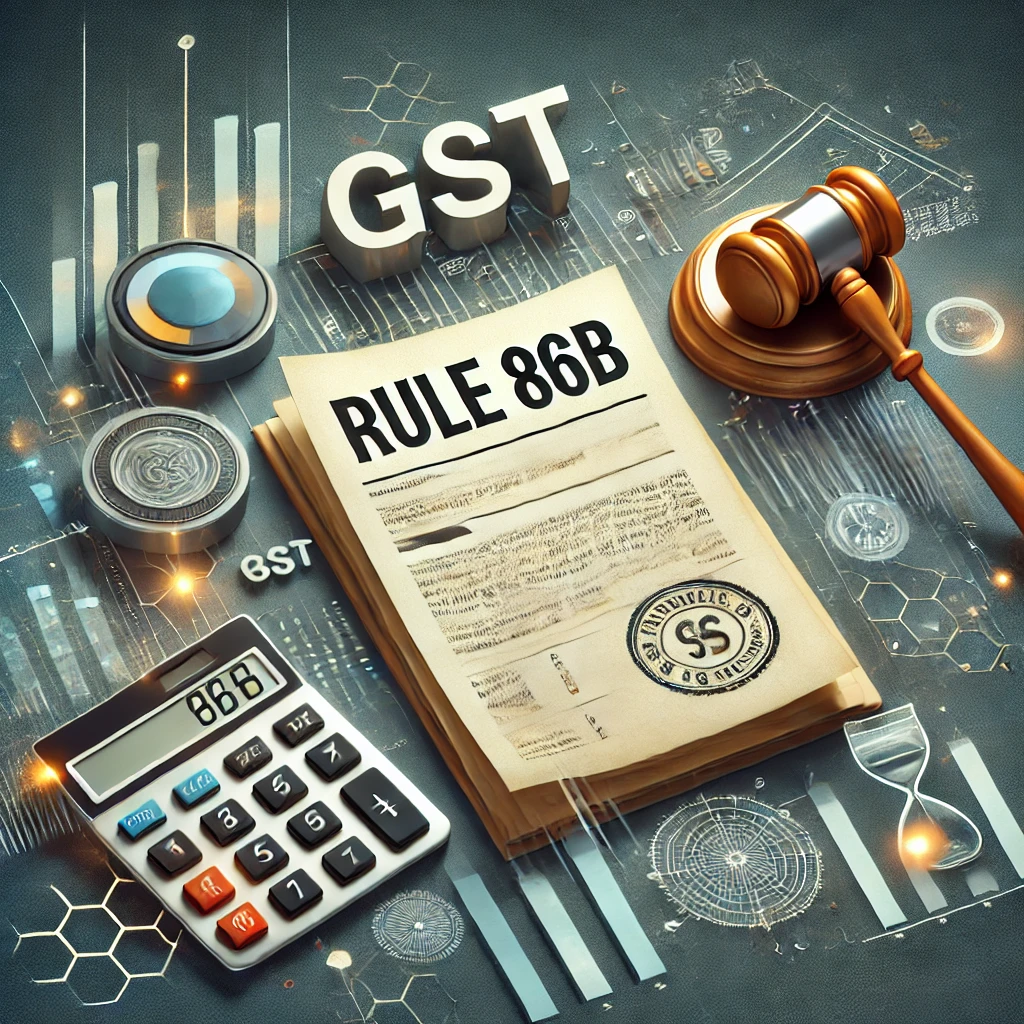FAQs: Key Clarifications on 56th GST Council Meeting Reforms
These FAQs on 56th GST Council meet are compiled on the backdrop of the 56th GST Council Meeting which introduced significant reforms on GST rates, compliance, and registration processes. Below is a compilation of the most frequently asked questions (FAQs) to help businesses, taxpayers, and professionals understand the changes better.
The decisions taken at this meeting are among the most impactful since the introduction of GST in 2017. They touch on critical areas such as rate rationalisation, input tax credit (ITC), refunds, exemptions, and simplified registration procedures for small businesses. Many of these measures are designed to reduce classification disputes, improve cash flow for exporters, and make compliance easier for MSMEs and e-commerce suppliers.
By addressing common queries in a structured manner, this FAQ aims to provide clarity not only for tax practitioners but also for business owners, accountants, and students of taxation who wish to keep up with the latest developments. Each section of the FAQs corresponds to a key theme. Implementation timelines, registration reforms, sector-specific clarifications, exemptions, and transitional provisions, so that readers can quickly navigate to the areas most relevant to them.
👉 Visit our Repository for Tax Tools & Utilities
📂 Check out our Resources Section for Free Downloads
Implementation and General Questions
Registration
Input Tax Credit (ITC) and Refunds
GST Rate Changes by Product Category
Exemptions and Special Treatments
Sector-Specific Clarifications
Compliance and Transitional Provisions
💡 Related Reading
We’ve compiled these FAQs to clarify GST reforms, but don’t miss our complete analysis of the 56th GST Council Meeting for a deeper understanding of the changes.
Visit the CBIC Website for official updates
👉 Read Full GST Reforms Analysis
📥 Download FAQs as PDF
The GST Council meetings are not just administrative formalities, they shape the way businesses operate on a day-to-day basis. The 56th meeting, in particular, has been widely discussed because it balances revenue needs of the government with the ease of doing business for taxpayers. Rate rationalisations are expected to reduce classification disputes and bring parity across sectors. At the same time, the compliance relaxations announced for small businesses and start-ups are likely to reduce costs of compliance and encourage voluntary registration.
Another important dimension is the impact on exporters and e-commerce operators. With simplified refund mechanisms and clarification on place-of-supply rules, businesses in these sectors can expect fewer delays in working capital cycles. For professionals and accountants, the changes offer opportunities to guide clients in restructuring their tax positions, updating ERP systems, and revising contracts to align with new GST rates.
From a policy perspective, this meeting highlights the Council’s intent to move towards a simplified, technology-driven GST regime. Future meetings are expected to take up key issues such as rationalisation of multiple rate slabs, seamless ITC across sectors, and further integration with direct tax compliances. Staying updated is therefore not optional, it is essential for competitiveness, compliance, and growth.
For students of taxation and finance, the 56th Council meet provides a real-time case study of how indirect tax systems evolve in response to industry feedback, judicial pronouncements, and fiscal policy needs. Following such reforms closely builds a practical understanding of tax law that goes beyond textbooks.
In short, the reforms introduced are not just incremental changes—they form part of the larger roadmap towards a more predictable and efficient GST framework in India.
The above FAQs are meant to provide a quick overview, but GST reforms continue to evolve through notifications and circulars. Businesses should regularly monitor the CBIC website and consult their tax advisors before making major compliance decisions. For further clarity, you can also explore our dedicated compilation of GST rate changes and download free resources from the repository section.
FAQs Compiled by


